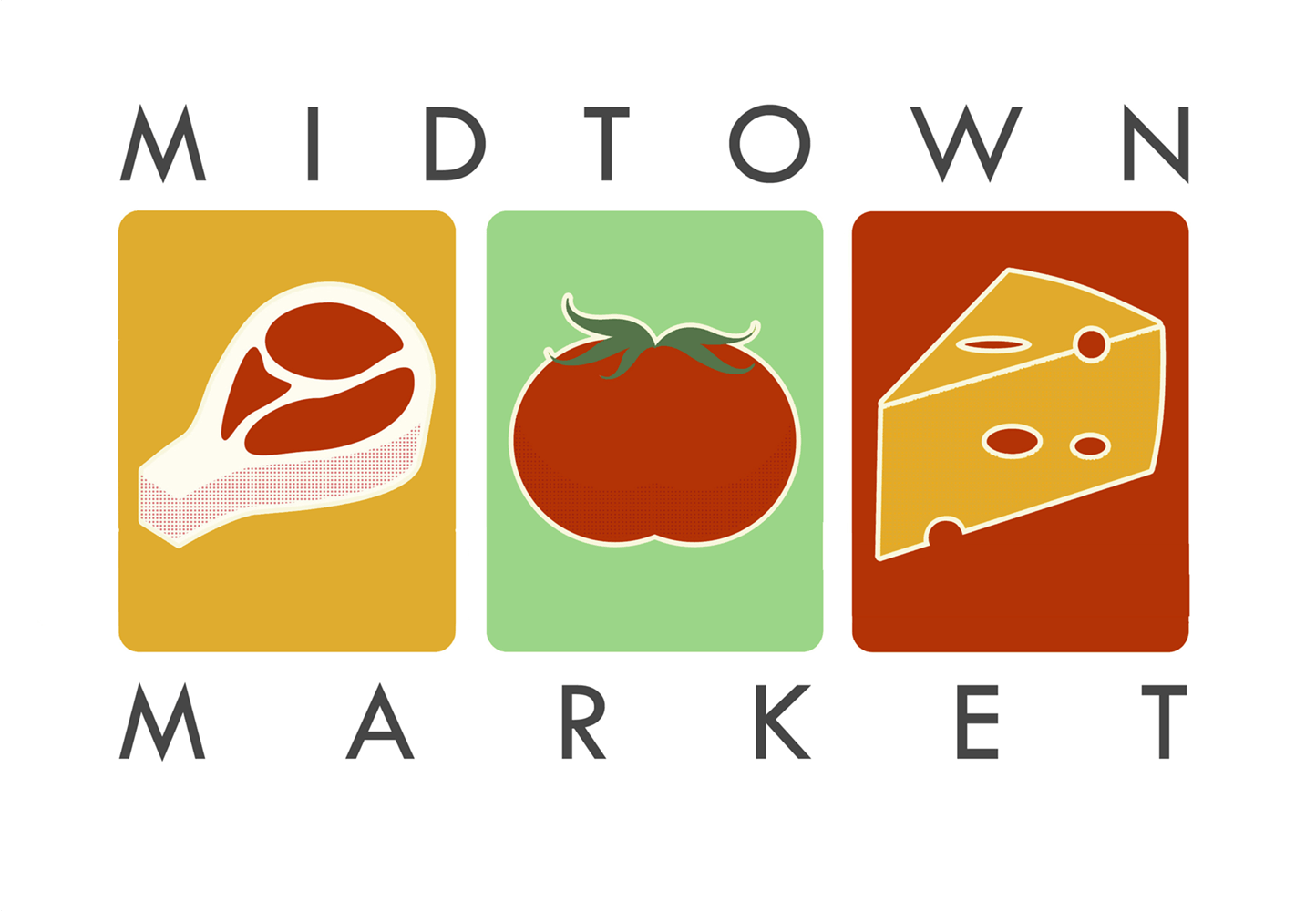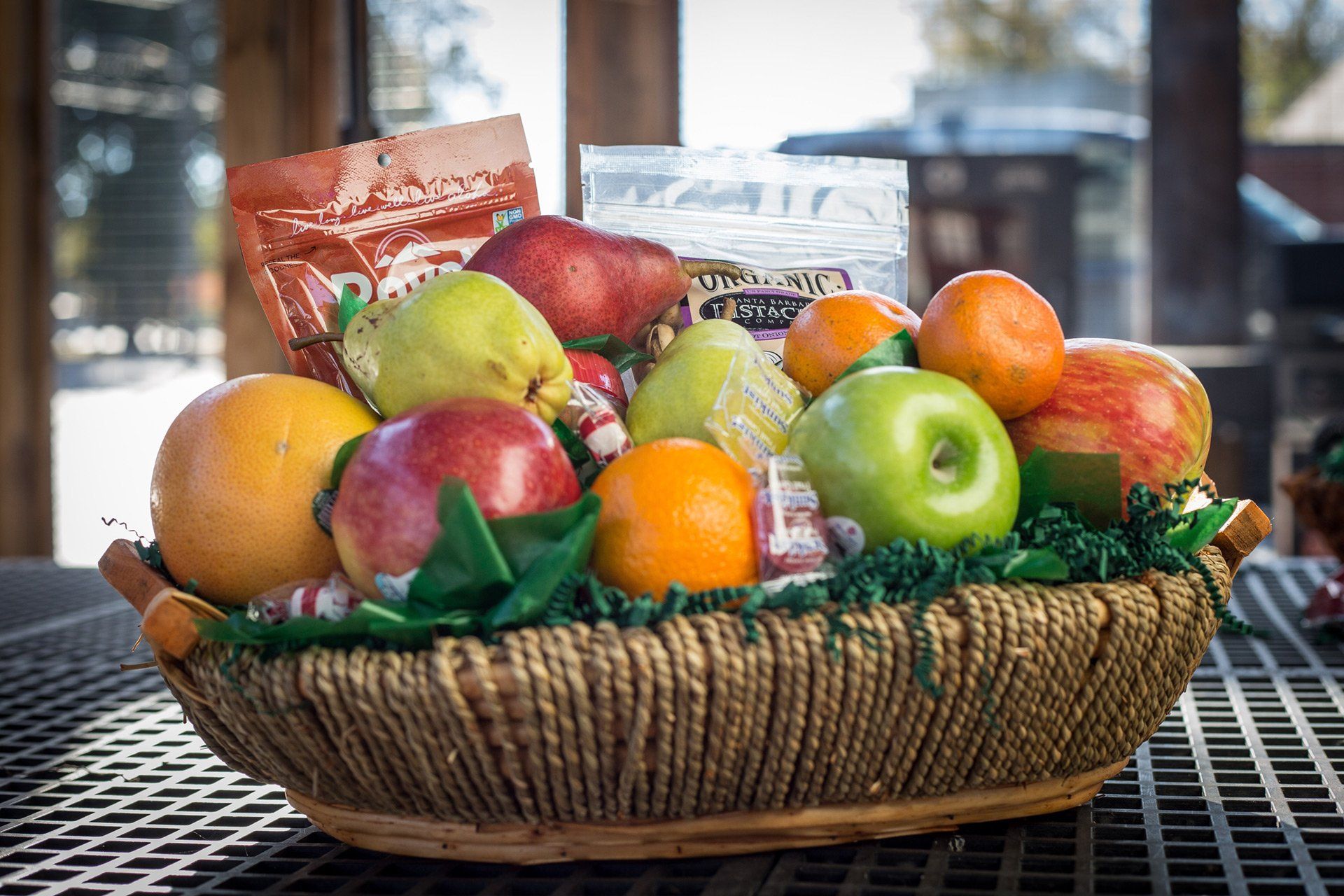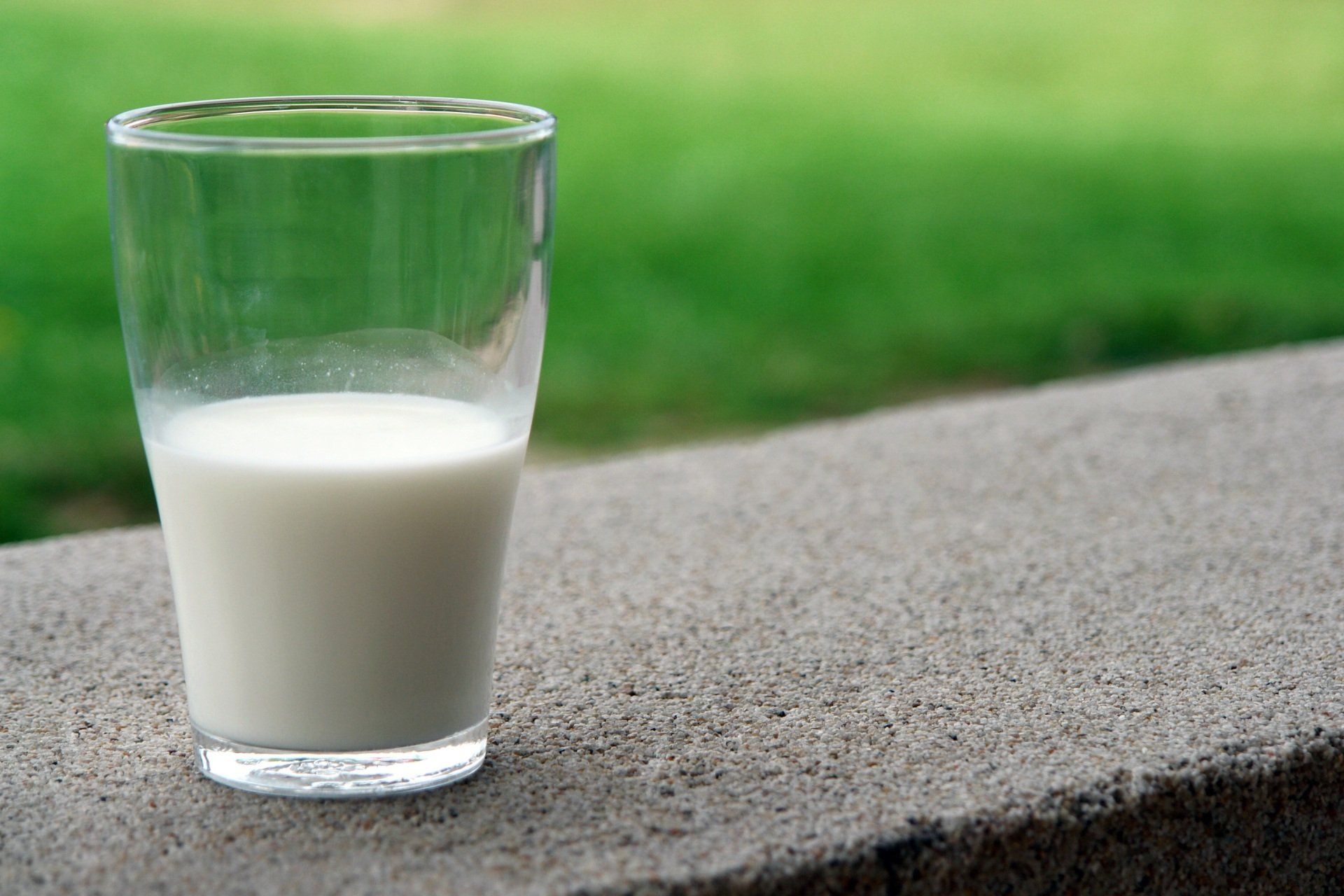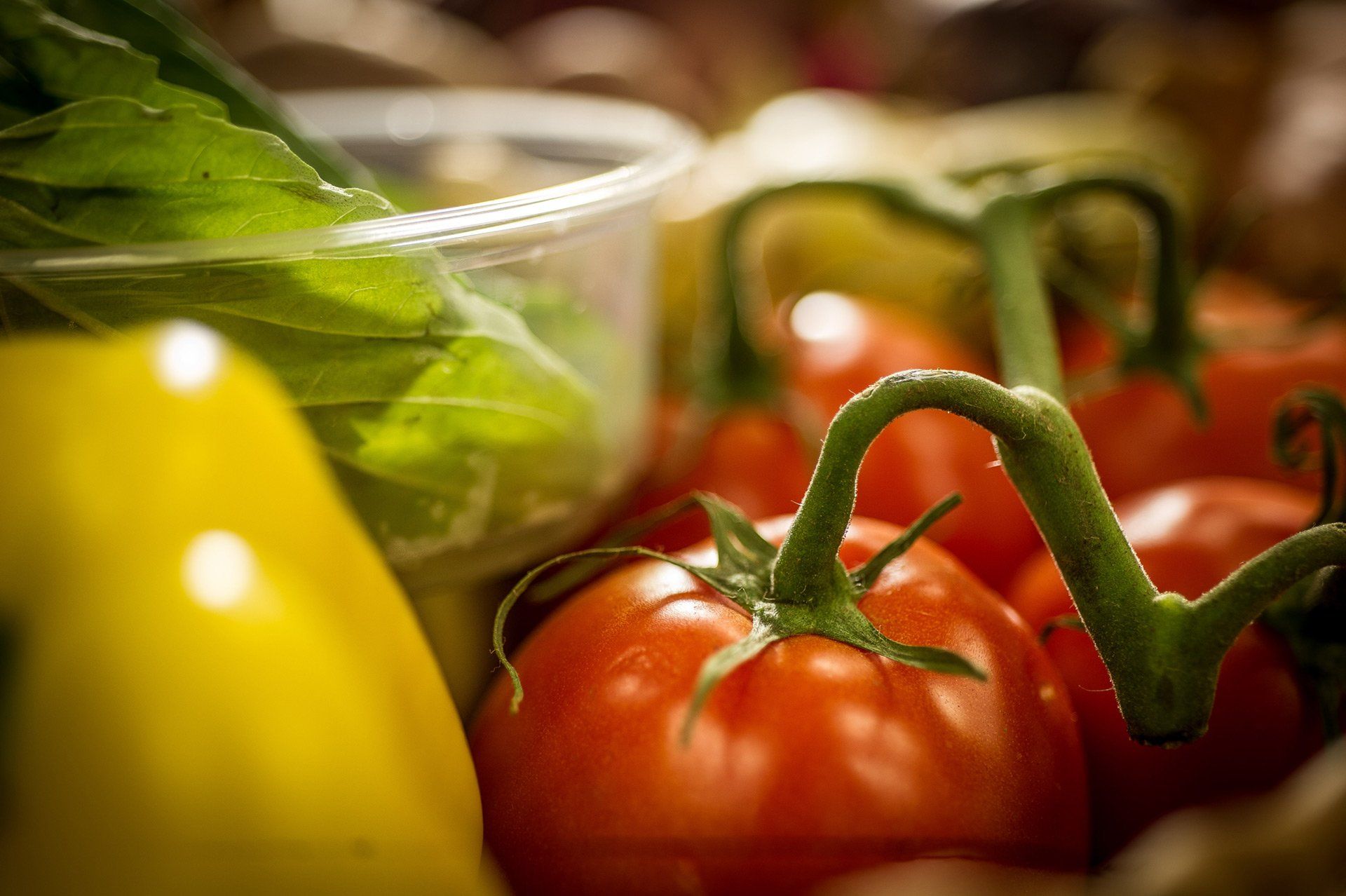Considering a Gluten Free Diet?

Photo by Glenn Hall Photography
MYTHS about Gluten
First of all, let’s clear up a few misconceptions.
-
Wheat free does not mean the product is also gluten free.
- Gluten free diets are not necessarily low-calorie, low fat, low sodium or overall healthy diets. While gluten free diets can certainly be healthy, there are several gluten free junk foods hitting the market these days. So carefully review food labels before making a purchase.
- Gluten, in and of itself, is not considered a toxin. Therefore, a gluten free diet is not going to function as a “detox” for your system.
Who does a gluten free diet benefit?
Those who benefit most from a gluten free diet are those diagnosed with Celiac Disease or those who suffer from a gluten allergy. People diagnosed with celiac disease have trouble processing gluten, which is a protein found in wheat, rye and barley. The undigested protein causes the immune system to attack the small intestine and often causes diarrhea, nausea and abdominal pain. Those, whose bodies are sensitive to gluten, but not necessarily allergic to it, are likely to experience joints that ache, headaches, sensitivity, skin rashes and sometimes a tingling in their extremities.
Dr. Michael Winters of Winters Wellness Center often prescribes patients with a gluten free diet. He says gluten free diets can help persons with a broad spectrum of health issues, from those suffering from digestive issues to skin issues and inflammation.
“Sometimes a gluten free diet can help autoimmune conditions,” says Dr. Winters. “That could be anything from Hashimoto’s Disease to Psoriasis and other skin conditions. It may sometimes even include brain fog and neurological conditions.”
He says gluten free diets are also useful to individuals who want to reduce inflammation in the body.
“Inflammation may present as joint aches and pains, fatigue or swelling, as well as skin conditions,” says Dr. Winters.
So what does a healthy, gluten free diet look like?

Photo by Glenn Hall Photography
It’s a diet filled with fruits, vegetables, rice, corn, lean meats, dairy products and quinoa. Nutritional Therapy Consultant Julie Folsom cautions those seeking a gluten free diet to carefully read food labels.
“In their natural form, vegetables, fruit, meats and dairy products are gluten free foods,” she says. “However, they can become contaminated by gluten through breading, sauces, batters, flavorings and other additives. When in doubt read the ingredients of processed foods.”
Some common things to avoid on product labels include wheat, barley, rye, oats, spelt and other grains.
While many gluten free diets can lead a person to better health and weight loss, the label gluten free does not guarantee that the food is healthy.
“Some gluten free foods are filled with substitutes such as other grains and sugars. These substitutions are going to be inflammatory and can create other types of problems. The best way to be gluten free is to just eat good, healthy, natural foods, such as lean meats, veggies and fruits,” says Dr. Winters.
Julie recommends looking for the “Certified Gluten Free” label. Midtown Market carries several products that meet her recommendations.
“This certification ensures that the product does not contain gluten and has not been exposed to gluten during processing,” she says.
While a gluten free diet may not be a good diet for everyone, we have several customers at Midtown Market who require these specialty products. So we do our best to carry a wide range of gluten free items on our shelves and in our deli case. Some of our staple products include:
- Cereals
- Crackers
- Deli sandwiches
- Pasta
- Bread
- Cookies
- Boar's Head meats & cheeses
- Side dishes in our deli case
- Several grains in our bulk bins and more
We do our best to provide products that our customers want and cannot find anywhere else. If you’re looking for a gluten free product that you do not see on our shelves please let us know. We’ll do our best to find it and get you connected with the products you need.










